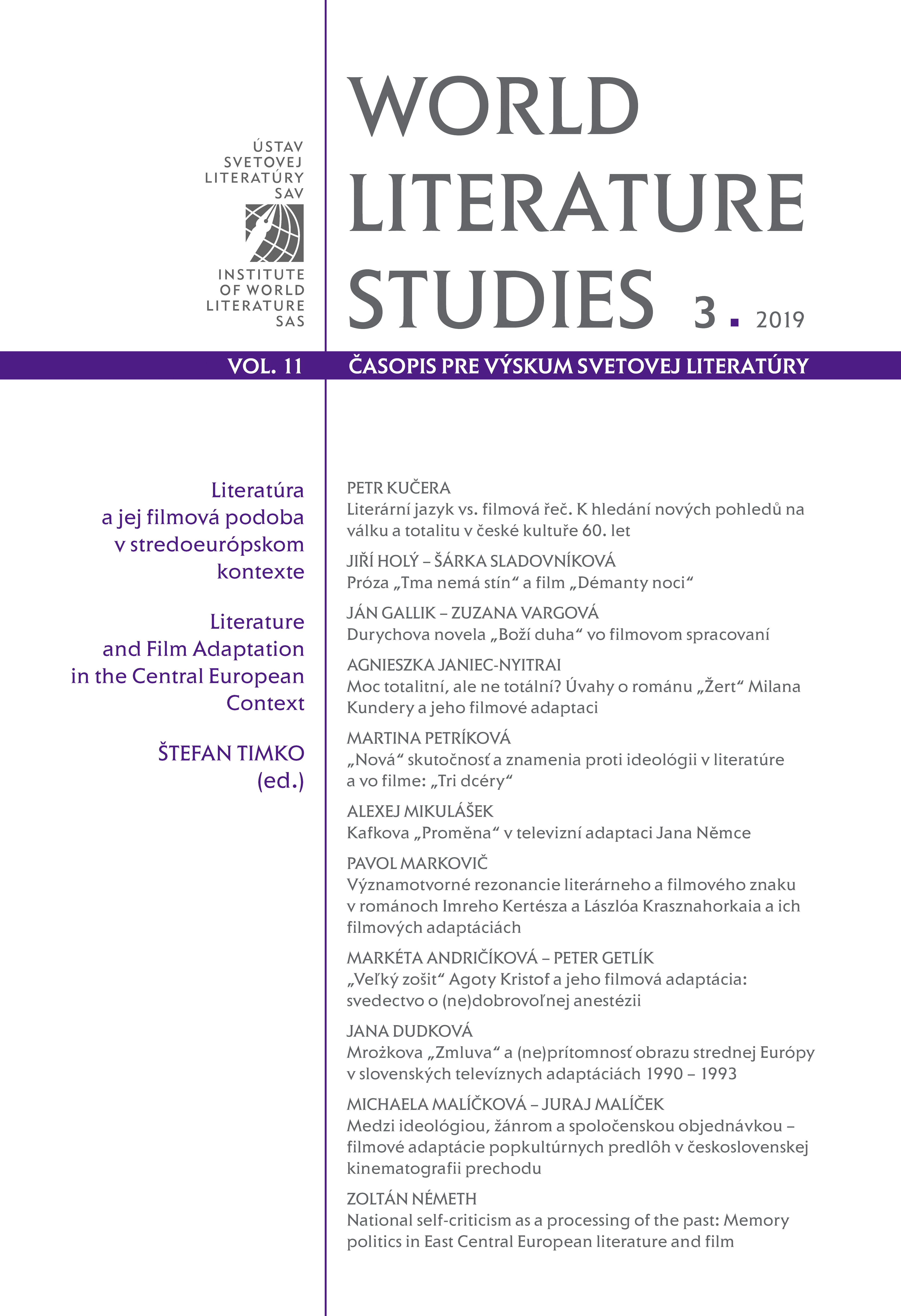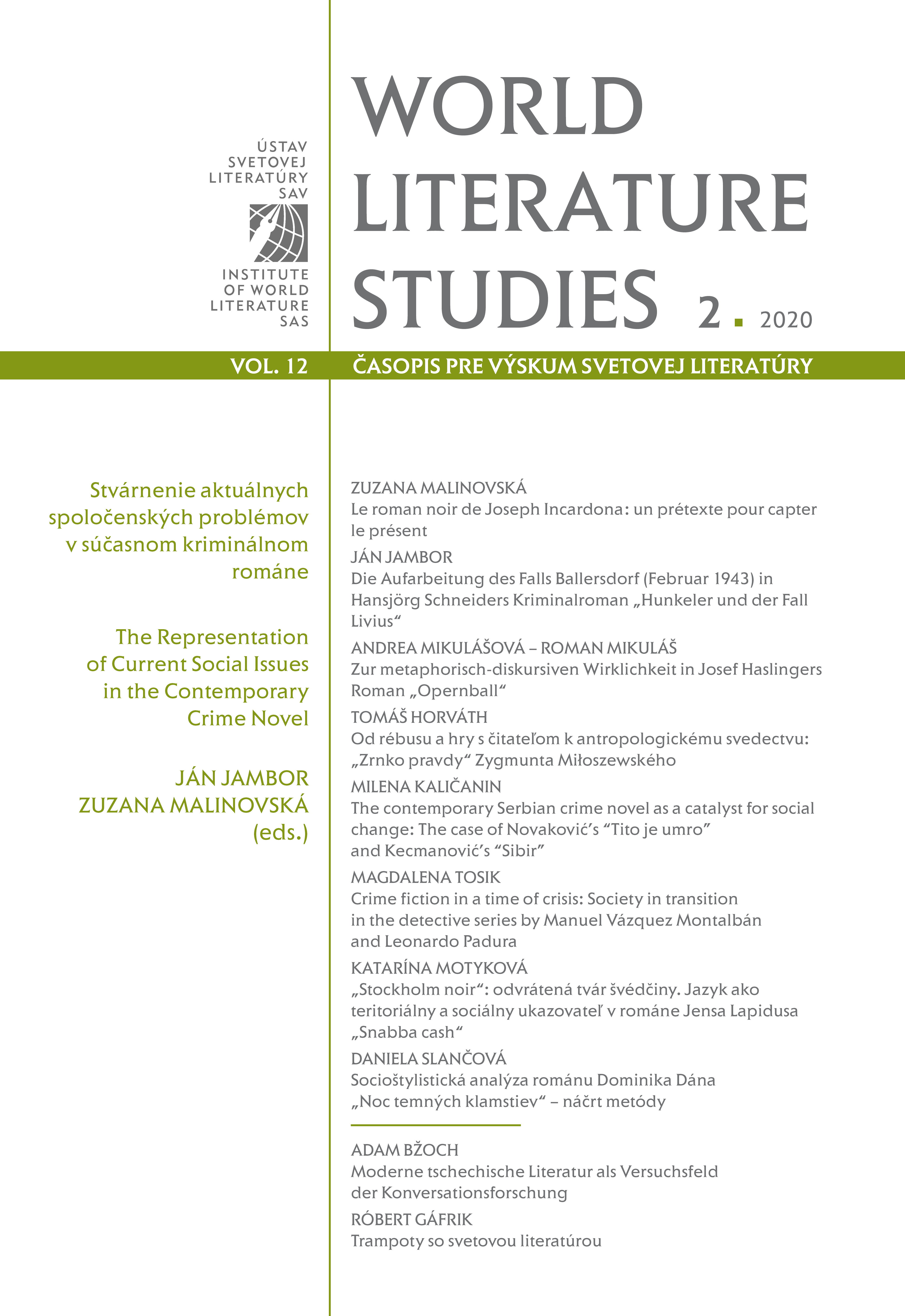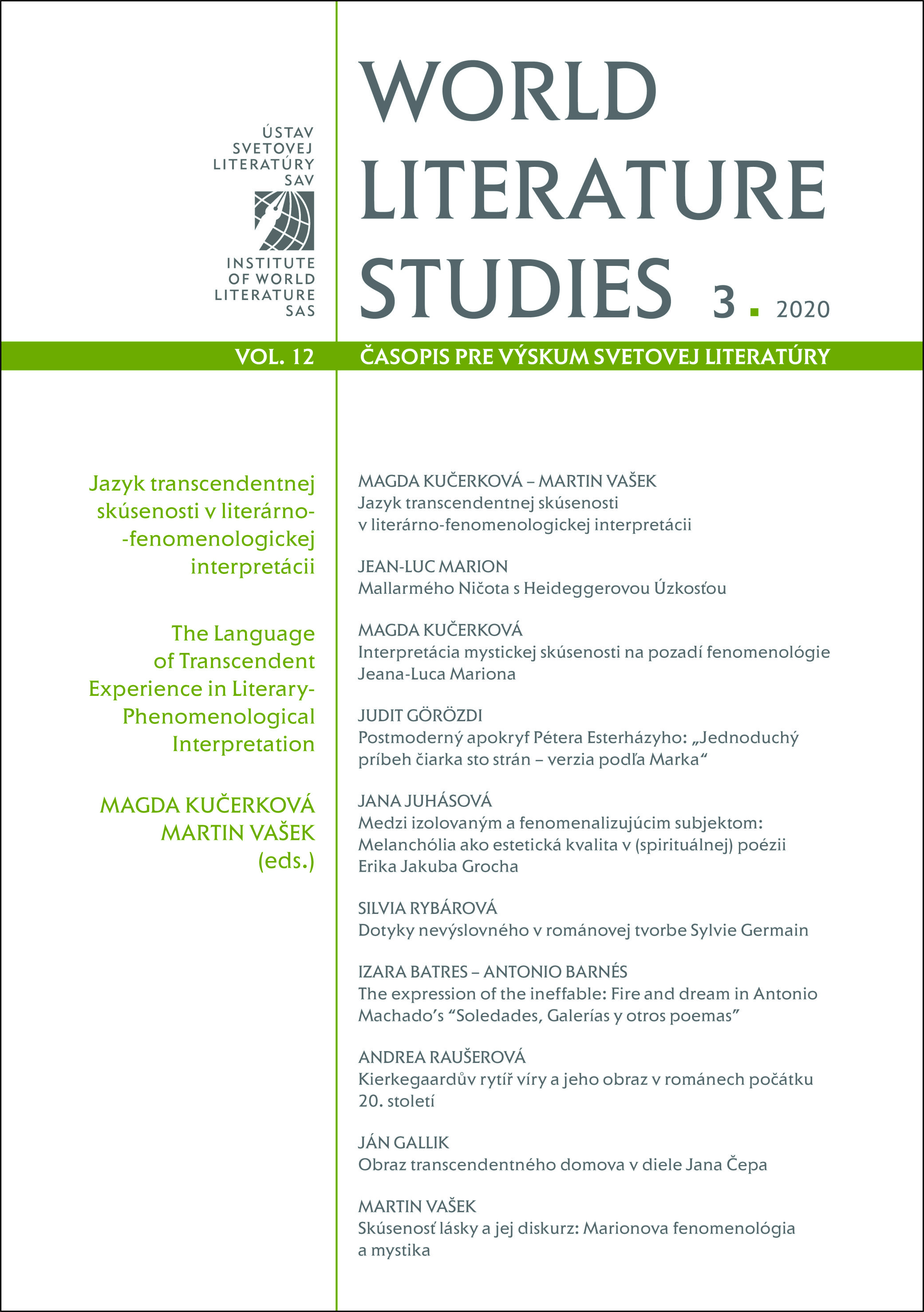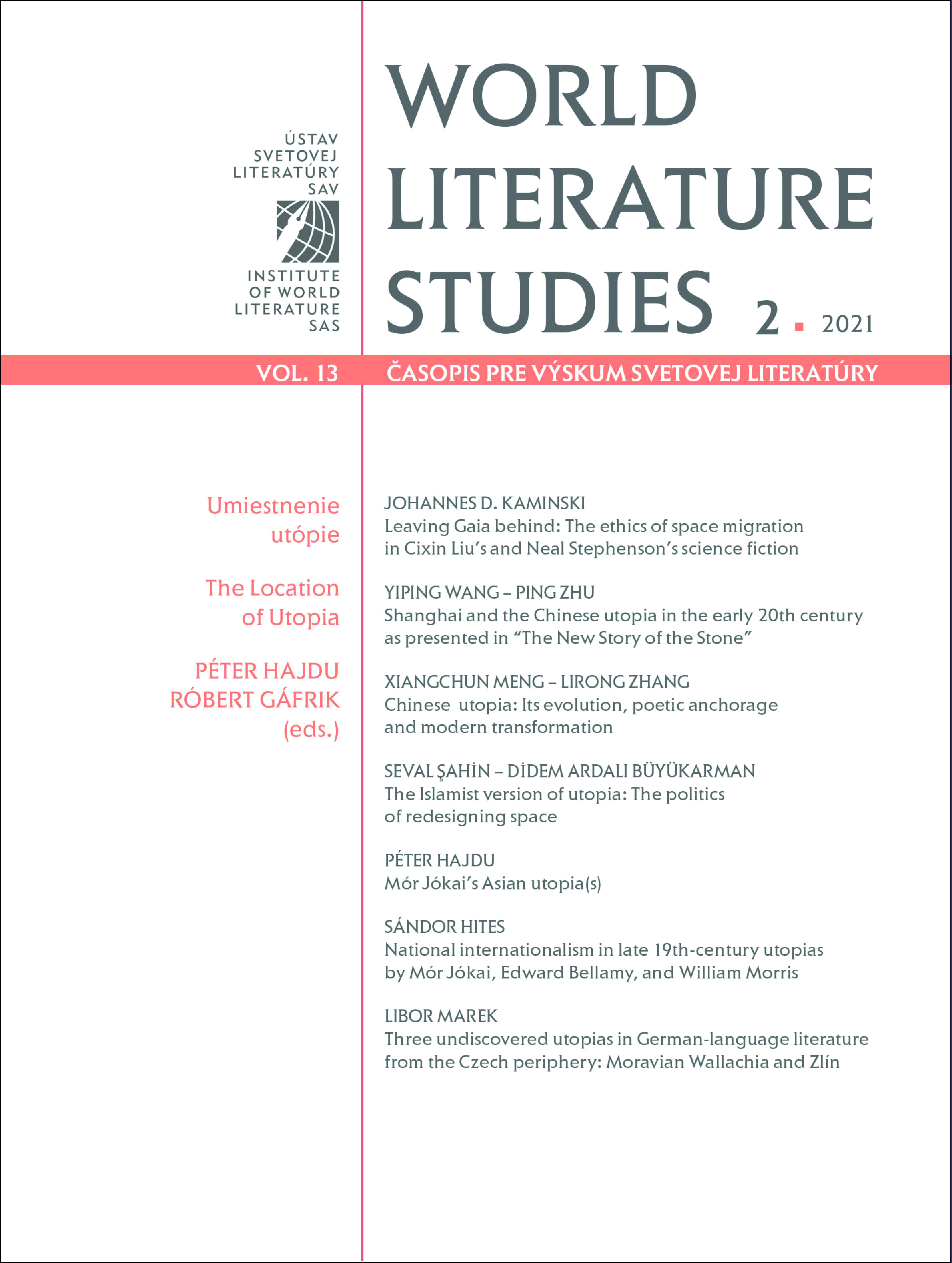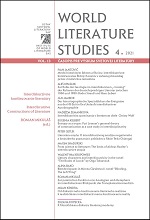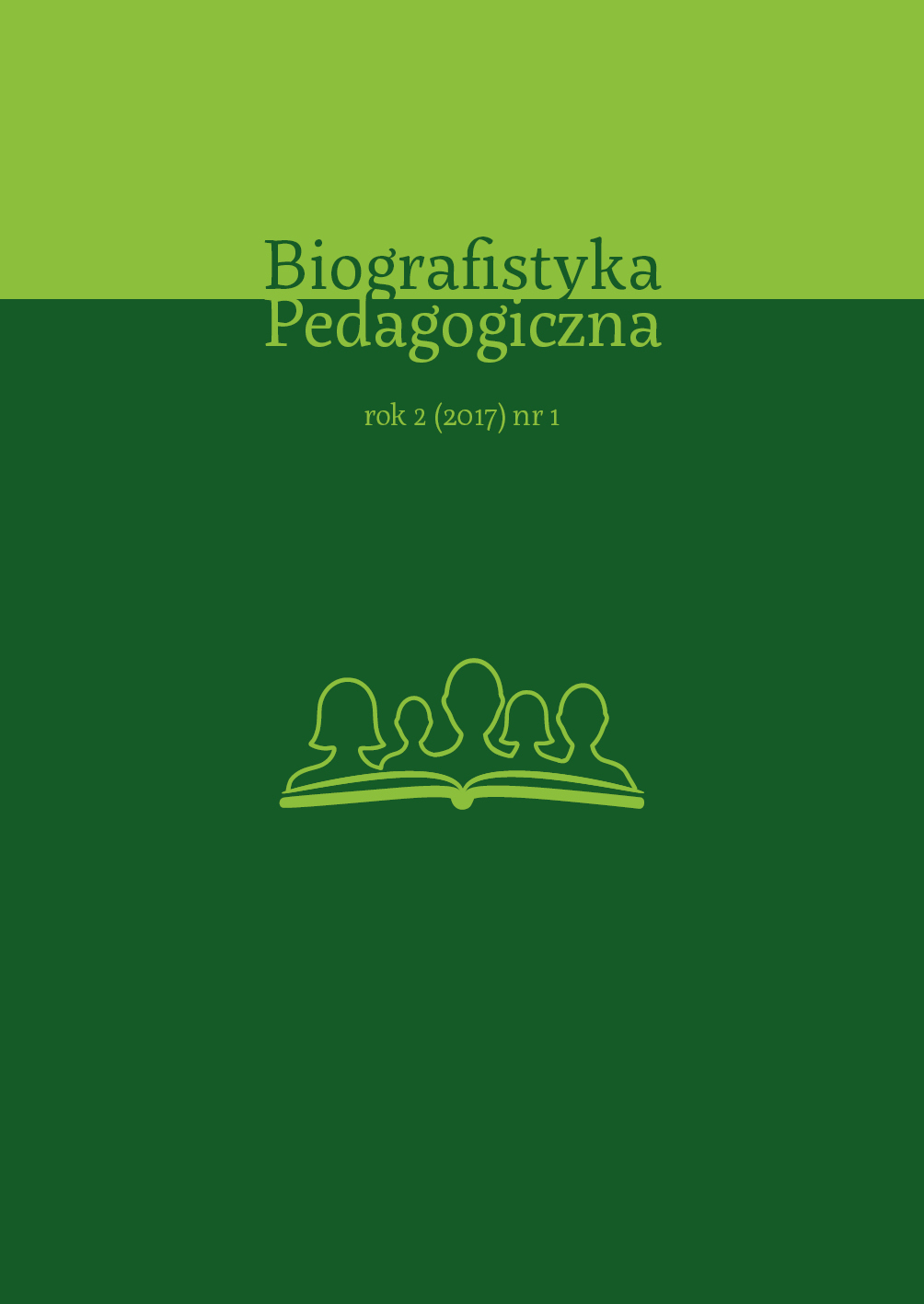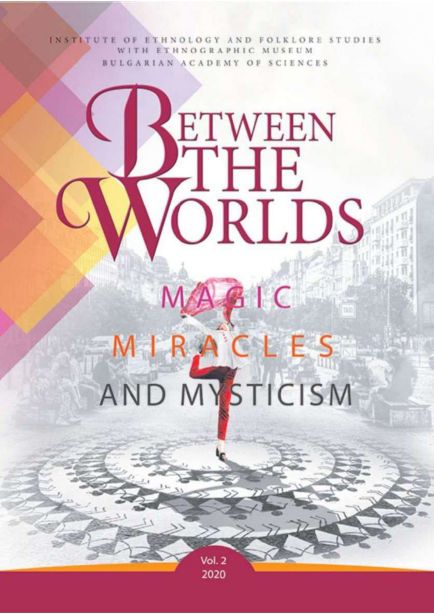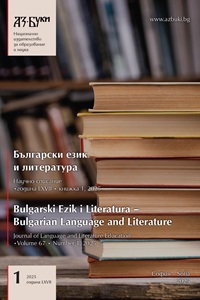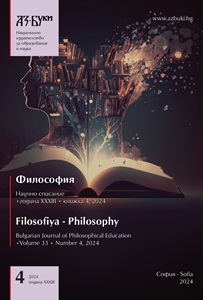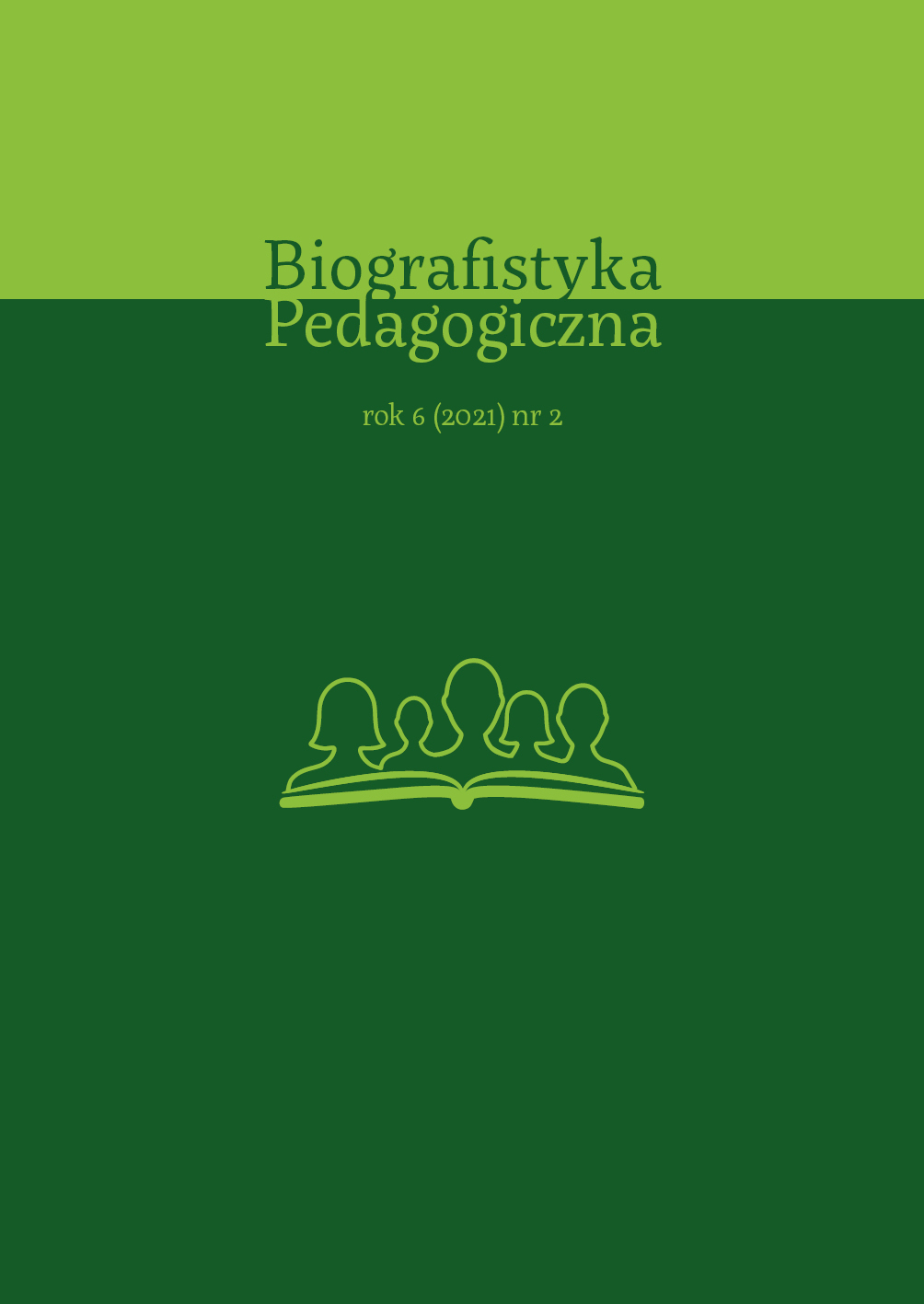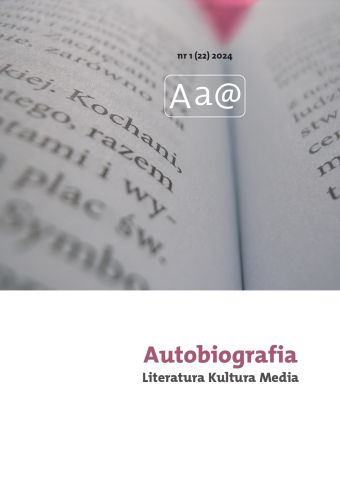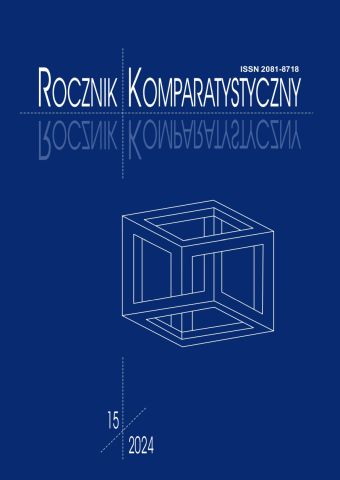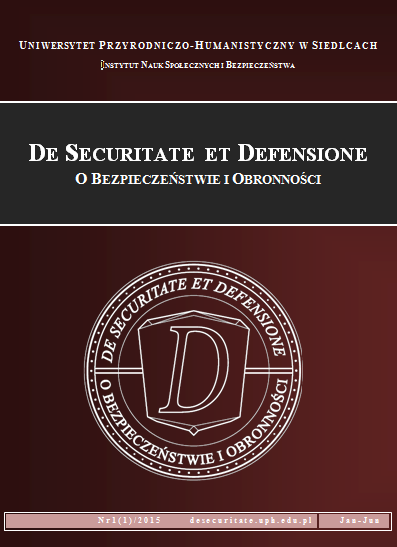
Bezpieczeństwo zapisane w słowach powieści
The reflections on the size of the security dimension would not be complete without reference to the cultural level. Stories, myths, fairy tales, including socially acceptable patterns of behavior and interpretations of the surrounding reality, accompanying individuals and societies in moments of transformation. They tame its complexity, giving the ability to adapt to new challenges or transformation based on patterns developed over the centuries. Perhaps the analysis of the past experiences and lessons, just in the times of technological progress and globalization, will enable us to build the security they seek.
More...
